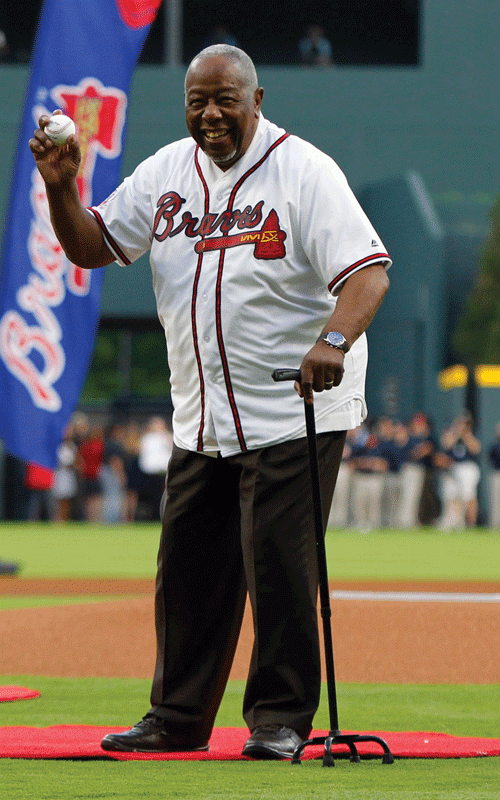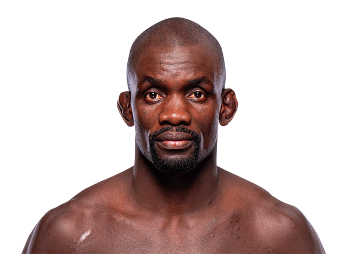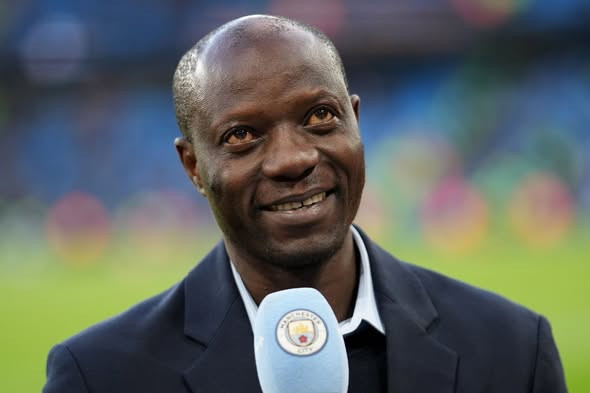
Golf, as many people know only too well, looks deceptively simple but it is alarmingly difficult. It engenders extreme frustration and yet enormous elation at the same time.
Hank Aaron, a famous baseball player who, like many talented sportspeople, loved golf also, joked once that “It took me seventeen years to get three thousand hits in baseball. I did it in one afternoon on the golf course.”
Yet as one anonymous writer and golfer noted, “No matter how bad you are playing, it is always possible to play worse.” And just to prove how easy golf is, one person offered the following advice: “Never try to keep more than two hundred separate thoughts in your mind during your swing.”
The simple truth, and perhaps beauty, of golf is that it is the lowest score that wins, not the highest; in just about every other sport (running and swimming apart), it is the player or the team that scores the highest, the most, who will win. In golf it is the least that shall be first.
Some people in the golfing world have changed the scoring system by having a different format of scoring, called the Stableford system, whereby a player is awarded one point for each hole scored one shot above ‘par’ (‘par’ being the average expected score, allowing for two putts on the green), two points for a ‘par’ score, three points for one shot under ‘par’, four points for two shots under ‘par’ – so they return to the system that the more points you get, the better player you are.
They believe it encourages brave or risky play as opposed to great care being taken over each shot with the reasoning that a player could have some disastrous holes during a round, yet still come in with a good score. Professional golf tournaments, and formal golf competitions, however, all go by the original scoring system – the least wins. The least is not the last.
In many ways, aiming for the lowest score goes against the grain of all that we do in education – we look for the highest marks in academics, the biggest scores in sport, the most awards in culture.
In our thinking, the person or team or school who has done more is deemed to be the greatest. We think we are a better school because we have a higher pass rate, more pupils gaining international academic awards, more pupils winning scholarships, more Honours at Eisteddfods, more Zimbabwe representatives, more clubs on offer, more, more, more.
- Feature : “New flights a sign of tourism recovery”
- Beware of corporate psychopaths in leadership positions
- Chegutu residents seek ED intervention
- Mutare man nabbed for smuggling
Keep Reading
We consider our success to be measured by how many more victories we have achieved, how many more pupils we have enrolled, how many more innovations we have introduced. We aim for the most, not the least.
We will do well, however, to pause and reflect that it is often the foolish that will shame the wise, the weak that will shame the strong, the lowly that will shame the high-flyers, the C streamers that will employ the A streamers, the tortoise that will beat the hare, the quiet ones who will silence the loud ones.
Furthermore, maybe we need to remember that “humility comes before honour”, that “the race is not to the swift or the battle to the strong”. How much do we profess that? How much do we preach that? How much do we promulgate that? How much do we reward that?
Of course, we will not encourage pupils to aim low; we should not reward those pupils who do badly.
However, the best mark may not be the highest mark (a pupil improving her grades considerably may be better than someone with higher marks who has stagnated at a certain, but higher, level), the greatest performance may not be a victory (we may play much better as a team in a losing match than when winning another match), the wisest may not be the loudest (generally those who have the most to say may actually have the least to say – an important memo to this writer, you may wish to add).
Golf has a horrible habit of humbling us – just when we think it is going well, it all too often falls apart.
There lies a big lesson. Our supposed success can come back to bite us in the backside.
It must not be achieved by arrogance or dominance but by humility. But that very humility is the key to further improvement as a person.
The message that we need constantly be instilling in our youngsters (and indeed in staff, in parents, in all of us) is simply this - the last will be first and the first will be last. And that is not this writer authoring that.
The least is not the last. Remember, A gull flies low; C gulls fly further but E gulls soar the highest.
Just keep that thought in your mind.











